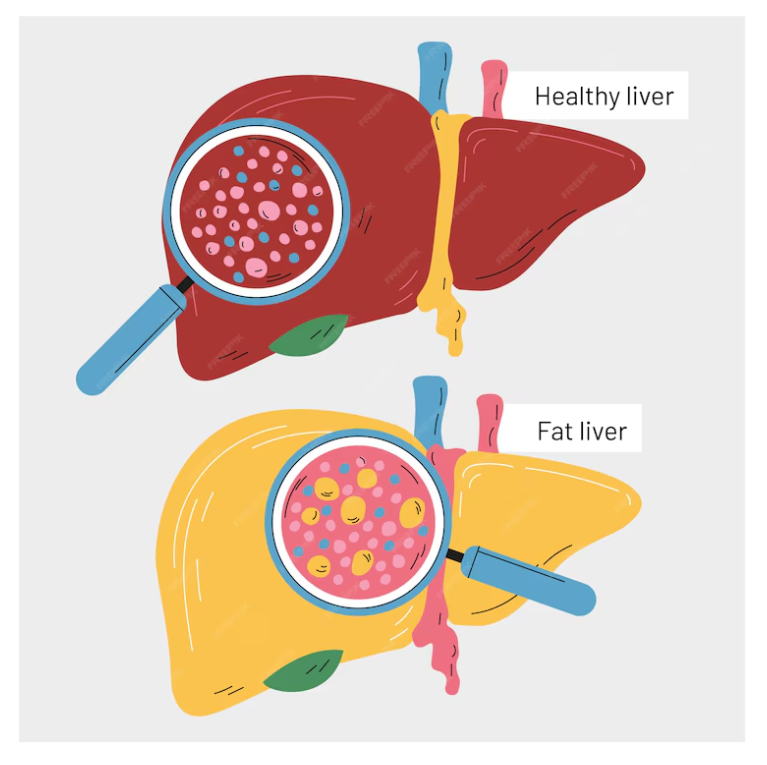
Hepatitis E vs. Other Types of Hepatitis: What Makes it Unique?
Understanding Hepatitis E: How It Differs from Other Forms of Hepatitis
Hepatitis, an inflammation of the liver, arises from various causes, including viruses, alcohol, and certain medications. Among the viral types, Hepatitis E stands out due to its unique traits. This blog explains what makes Hepatitis E different from other forms of hepatitis.
1. Cause and Transmission
The Hepatitis E virus (HEV) causes Hepatitis E, unlike Hepatitis A, B, and C, which stem from other viruses. While Hepatitis B and C spread through contact with infected blood, Hepatitis E primarily spreads by consuming contaminated water or food. This similarity in transmission aligns it more with Hepatitis A.
2. Global Distribution
Hepatitis E cases frequently appear in developing countries where sanitation is poor. However, reports of Hepatitis E in developed nations are growing, highlighting its broader reach.
3. Acute vs. Chronic
Hepatitis E generally presents as an acute illness, unlike Hepatitis B and C, which often become chronic. Most people recover within weeks without lasting liver damage.
However, pregnant women and individuals with pre-existing liver conditions may face severe complications.
4. Severity in Pregnancy
Hepatitis E becomes significantly more severe during pregnancy. Pregnant women face a higher risk of fulminant hepatitis, a life-threatening condition that endangers both the mother and her unborn child.
5. Lack of Vaccination
Unlike Hepatitis A and B, which have available vaccines, Hepatitis E lacks a widely accessible vaccine. This underscores the importance of good hygiene and avoiding contaminated food and water, especially in areas where Hepatitis E is common.
Conclusion
Hepatitis E has both similarities to and differences from other forms of hepatitis. By recognizing these distinctions, individuals can better prevent, diagnose, and manage this often-overlooked liver infection.
To seek medical advice, always consult a Doctor. Here are our recommended experts.
Click here
To read more on Respiratory disease . Click Here


